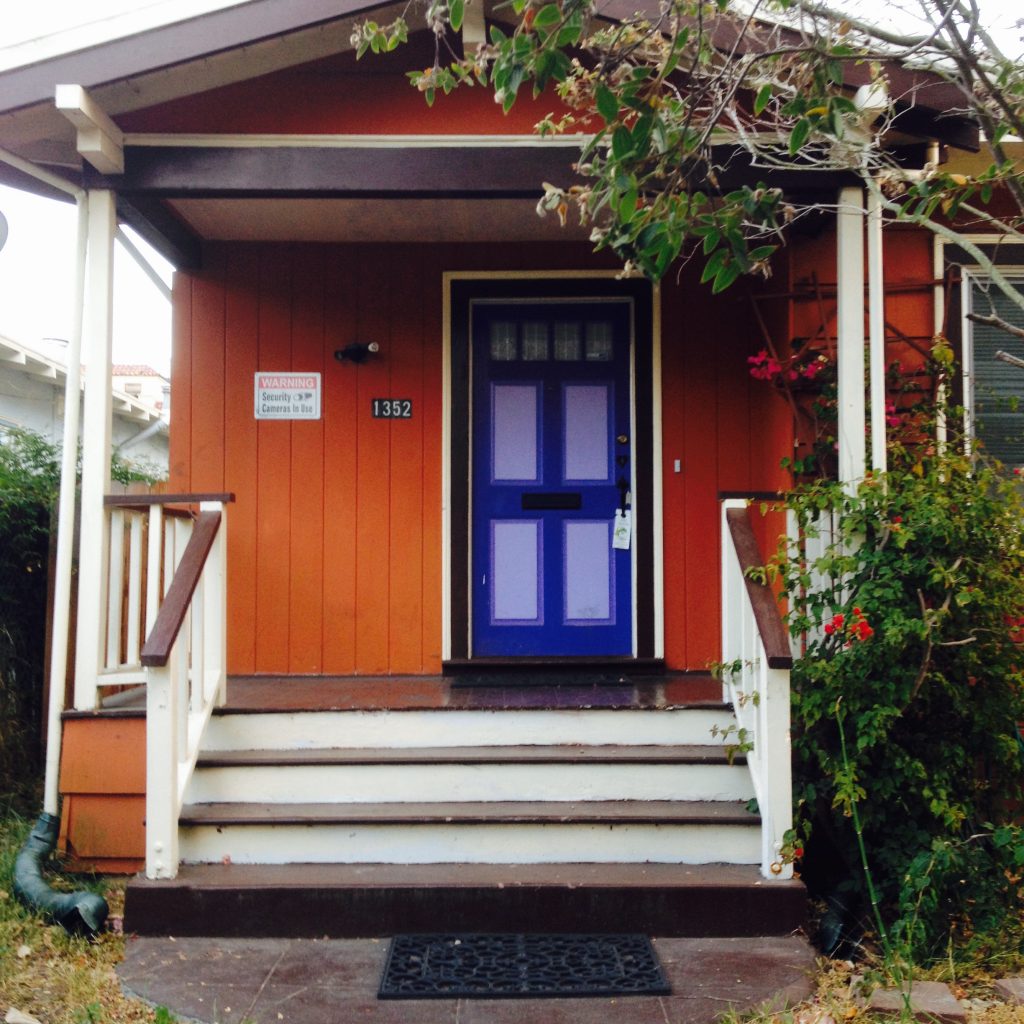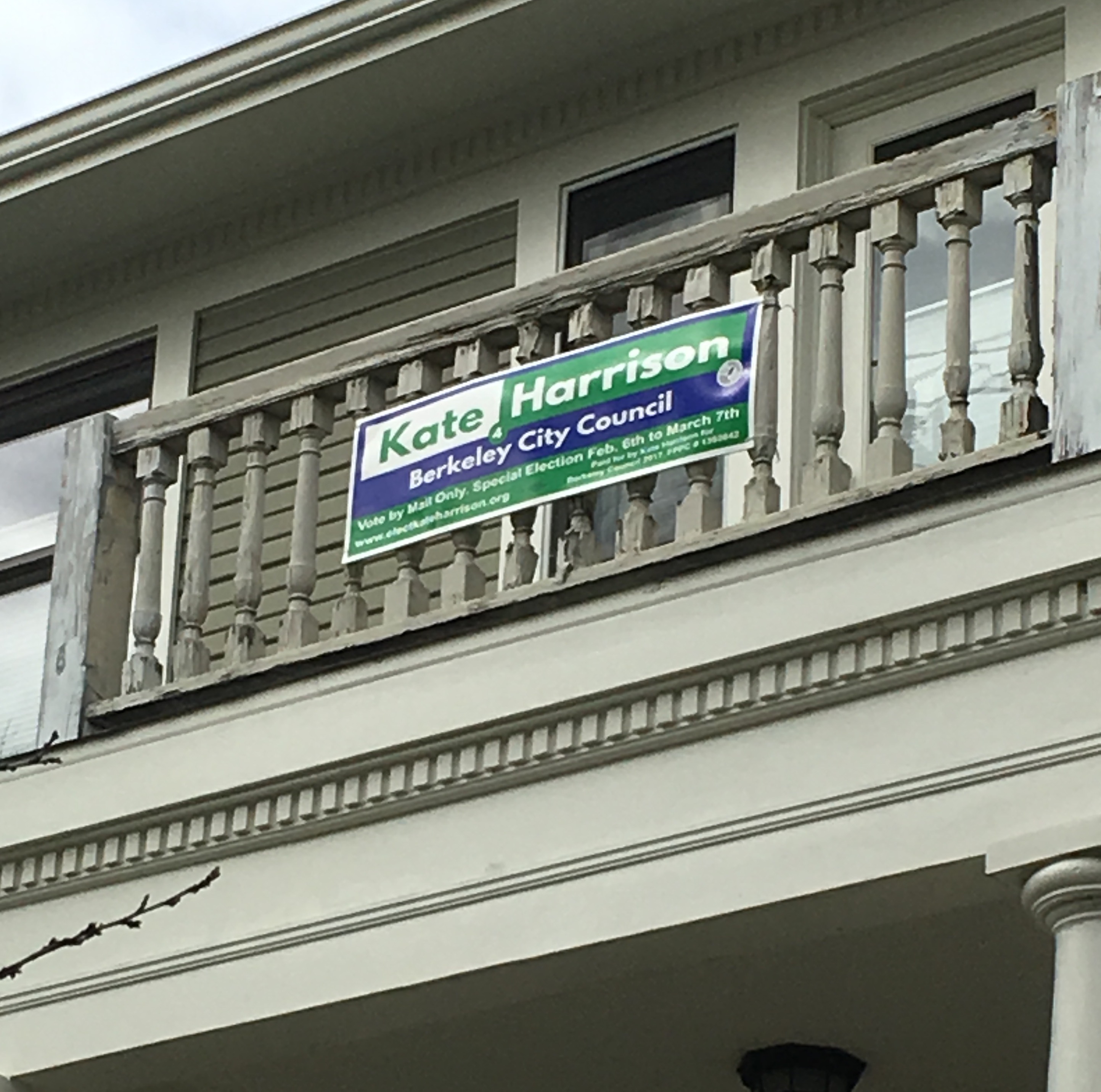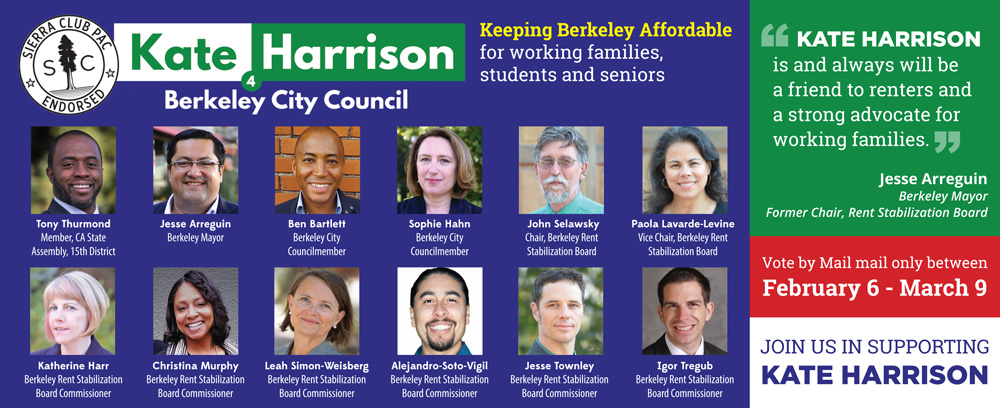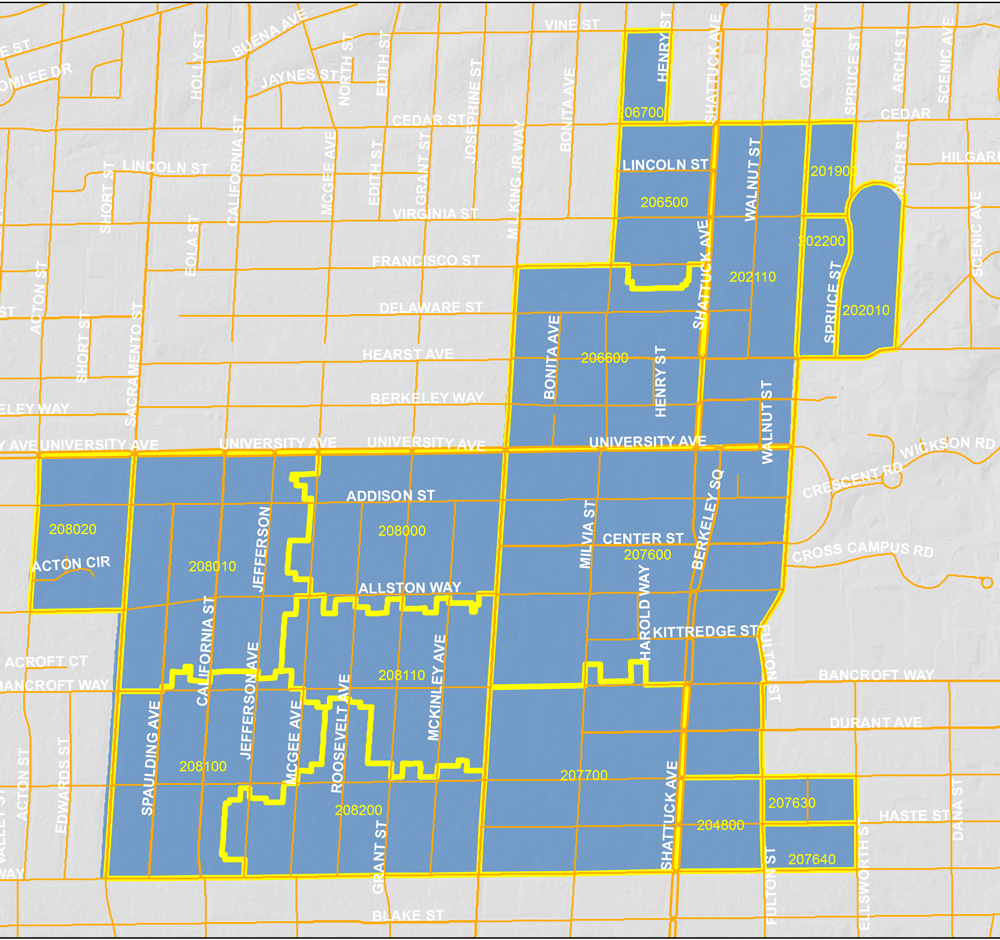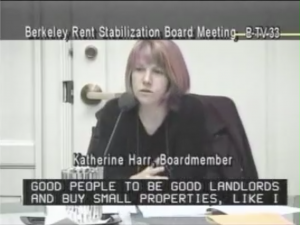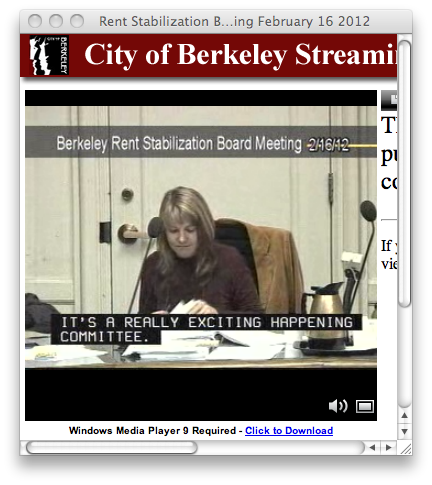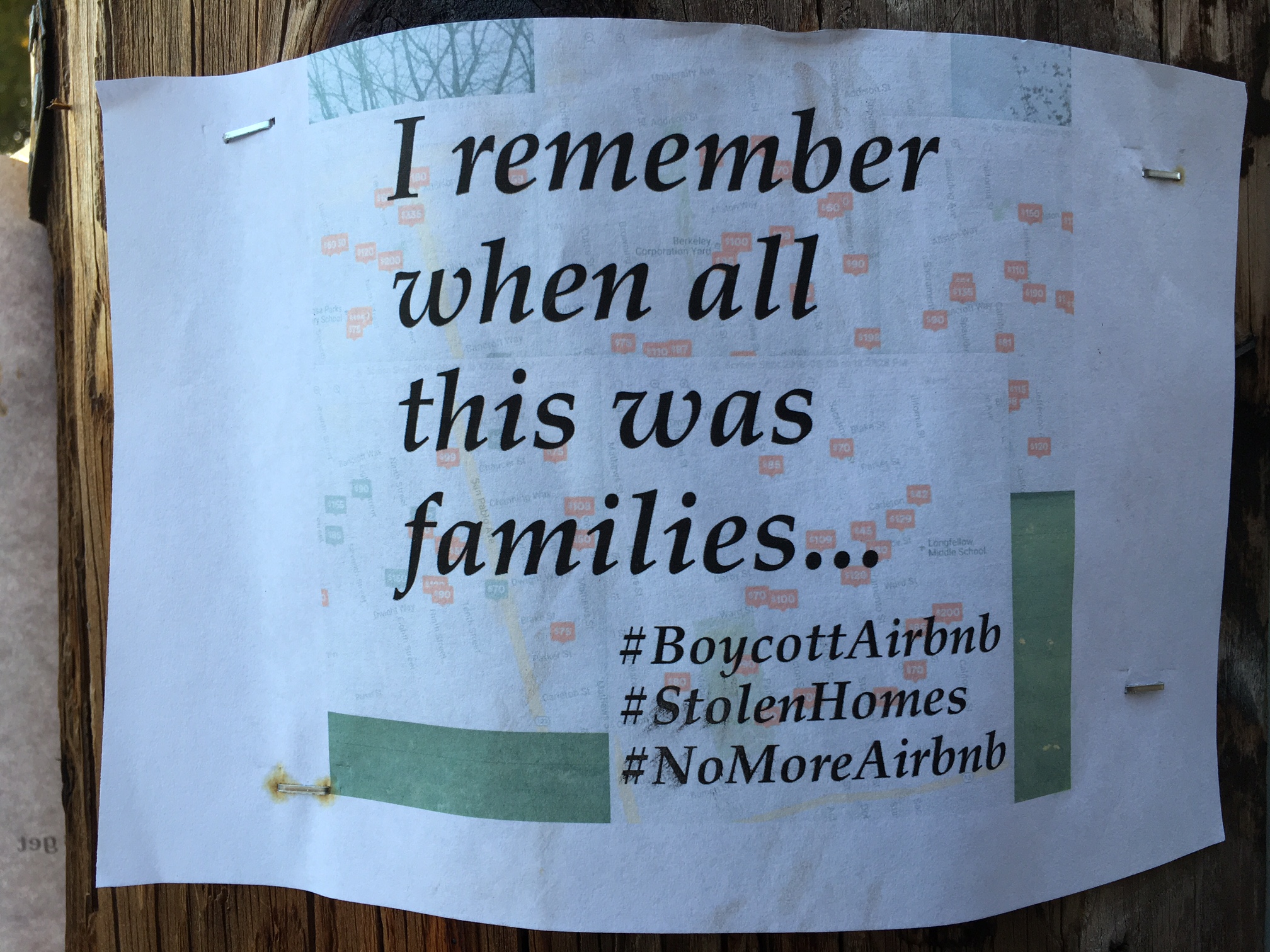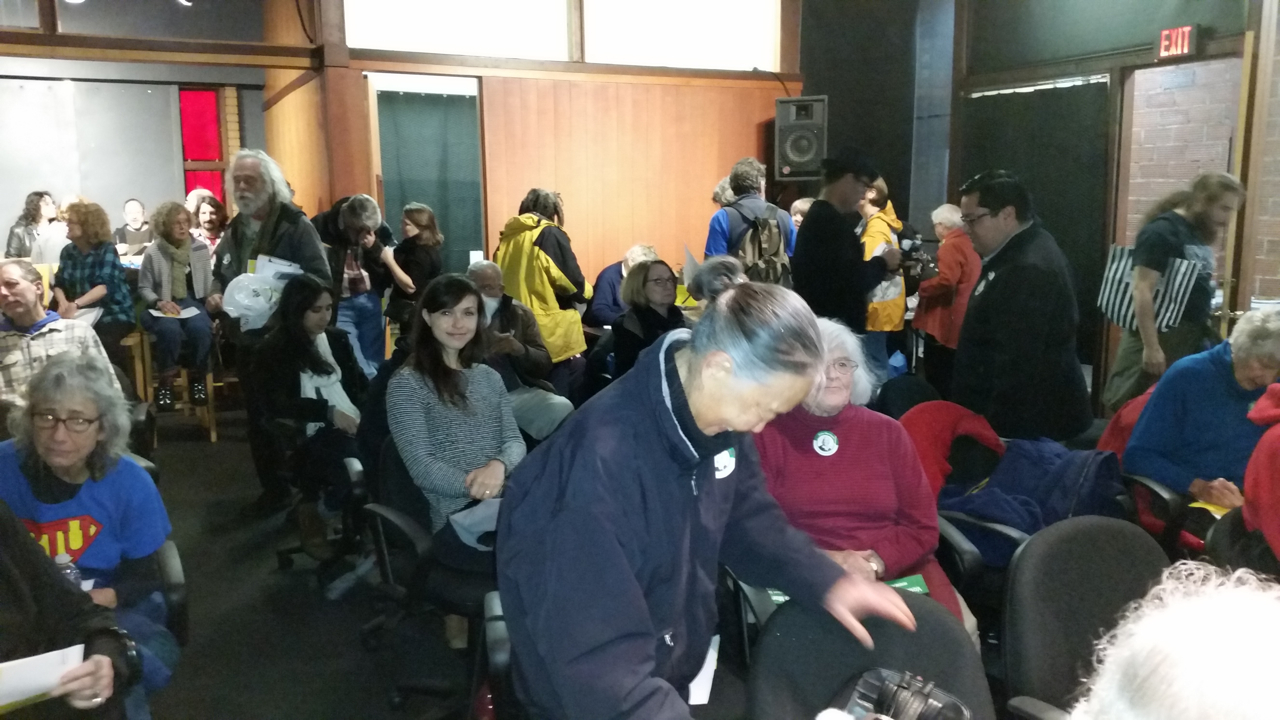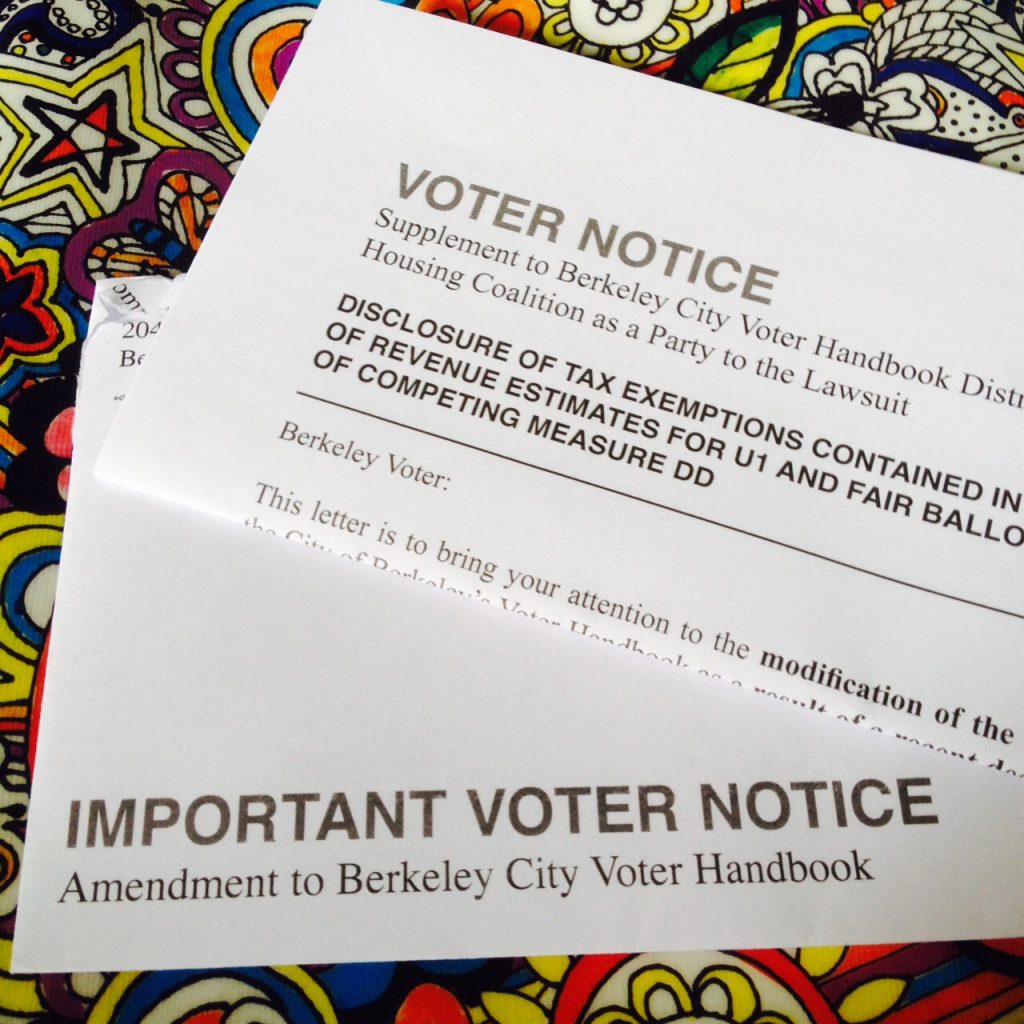Measure U1 Landlord Tax Update
BPOA employee says U1 funds being misdirected.
“Tuesday night, they approved an “emergency” ordinance to buy the old Premier Cru building complex on University Avenue for $6.65 million. They want to use the site for future City Council chambers and maybe later, for affordable housing.”
http://www.berkeleyside.com/2017/03/31/opinion-berkeley-done-bait-switch-using-housing-funds-buy-new-council-chambers/
More on Council Item
“It will repay the funds from money generated from excess property taxes and Measure U1, the new business tax on rental properties that voters approved in November. The funds will be repaid with interest, said city spokesman Matthai Chakko.”
http://www.berkeleyside.com/2017/03/27/city-council-set-buy-west-berkeley-building-will-move-meetings/
Council Item Itself
“$4.650 million (70% of the purchase price) from Measure U1 revenue”
http://www.cityofberkeley.info/Clerk/City_Council/2017/03_Mar/Documents/2017-03-28_Item_32_Acquisition_of_Real_Property.aspx
Other News
Rent Board Delays Appointing Commissioner
The Berkeley Rent Stabilization Board honored outgoing Commissioner Harr but decided to delay appointment of a new Commissioner until May. They chose to delay because Commissioner Murphy was absent due to a family emergency.
Here is the report that ranks contenders for the position, including several candidates who did not make the slate at the 2016 Tenant Convention. BTU is not taking a position yet, because most candidates are BTU members, including Stefan Elgstrand, Tim Kingston, and Christine Schwartz.
http://www.cityofberkeley.info/uploadedFiles/Rent_Stabilization_Board/Level_3_-_General/TBD_Candidate%20search%20results%20and%20rec%20memo%20and%20attachment_FINAL.pdf
People’s Park Anniversary as UC Considers Building, Again
April 23 is the anniversary celebration for People’s Park.
“In 1968 the University used eminent domain to evict the residents and demolish all the houses on the block. Apparently they talked of plans to build needed student housing but nothing happened. For a year the empty lot was an eyesore, muddy and strewn with garbage. In April 1969 activists put out a call for people to help create a park. Hundreds came and cleared the ground, planted flowers and trees and built a children’s playground. They created a park, a People’s Park, that still lives today.”
http://www.berkeleydailyplanet.com/issue/2017-03-31/article/45603?headline=Berkeley-s-People-s-Park-is-in-the-news-again–Lydia-Gans
BARF Lawsuit Could End Neighborhood Preservation
The Bay Area Renter’s Federation, (SF BARF) known as a tool for developers and not a tenants group, is suing over a Council decision to deny permits at 1310 Haskell.
“The law states that a city or county cannot deny the approval of a housing project that complies with its general plan and zoning ordinance without substantial evidence that it will negatively impact public health or safety.”
http://www.dailycal.org/2016/10/31/lawsuit-alleges-berkeley-city-council-illegally-revoked-housing-development-permit/
Low Income Tenants Ousted By Oakland Fire
“The residents even obtained a restraining order against the building’s landlord. And, now, their lawyer is calling for an arson investigation.”
http://www.eastbayexpress.com/SevenDays/archives/2017/03/27/landlord-of-west-oakland-building-destroyed-by-fire-was-working-to-evict-tenants
Harsh Laws Drive Artists to Unsafe Warehouses
The father of one artist who died in Oakland’s Ghost Ship Fire is speaking out about how impossible permitting processes and costly complex rules make it impossible for artists and musicians to make their spaces safe and legal and leave those without resources prey to slumlords.
http://www.sfgate.com/bayarea/article/Father-of-a-Ghost-Ship-victims-urges-lawmakers-to-11005032.php
UN Report on Housing as Commodity
“It details the shift in recent years that has seen massive amounts of global capital invested in housing as a commodity, particularly as security for financial instruments that are traded on global markets and as a means of accumulating wealth. As a result, she says, homes are often left empty – even in areas where housing is scarce.”
https://www.theguardian.com/housing-network/2017/feb/28/un-report-lays-bare-the-waste-of-treating-homes-as-commodities
Report Itself
“This influx of capital has increased housing prices in many cities to levels that most residents cannot afford – in some cities by more than 50% in a 5-year period. Housing prices are no longer commensurate with household income levels, and instead are driven by demand for housing assets among global investors. When housing prices skyrocket, low and sometimes even middle-income residents are forced out of their communities by high rent or mortgage costs. When housing prices plummet, residents face mortgage foreclosure and homelessness.”
http://www.ohchr.org/en/NewsEvents/Pages/DisplayNews.aspx?NewsID=21264&LangID=E


